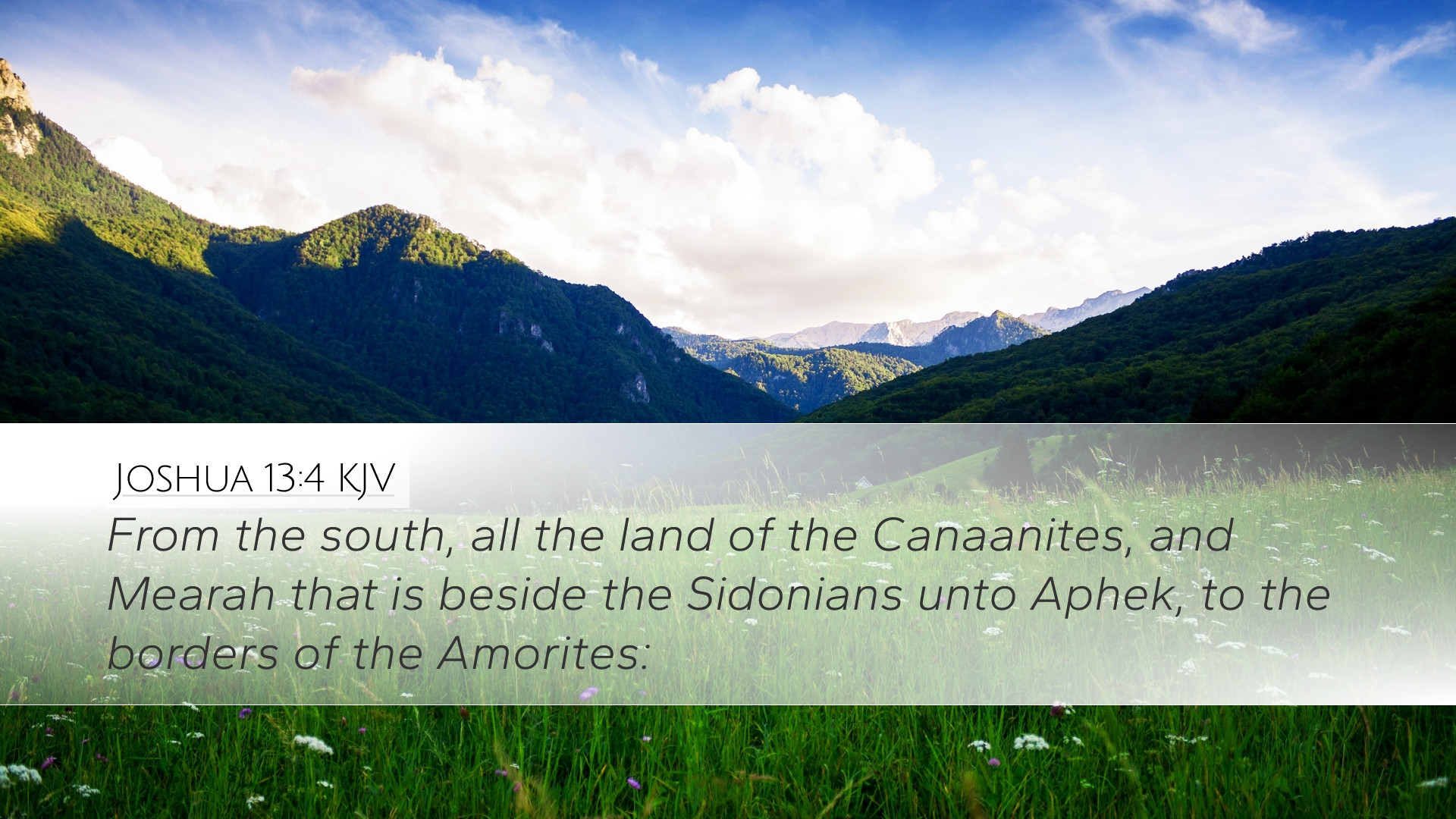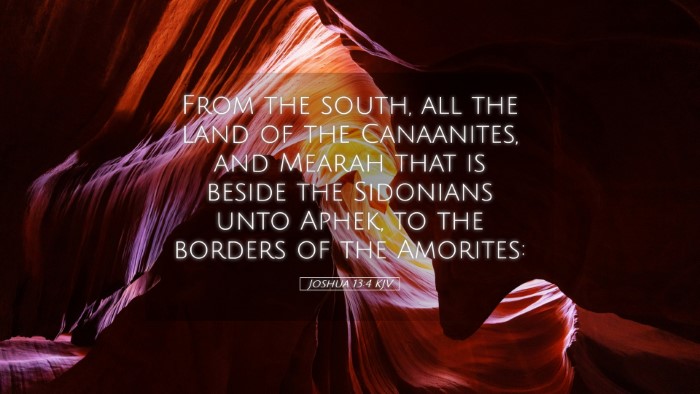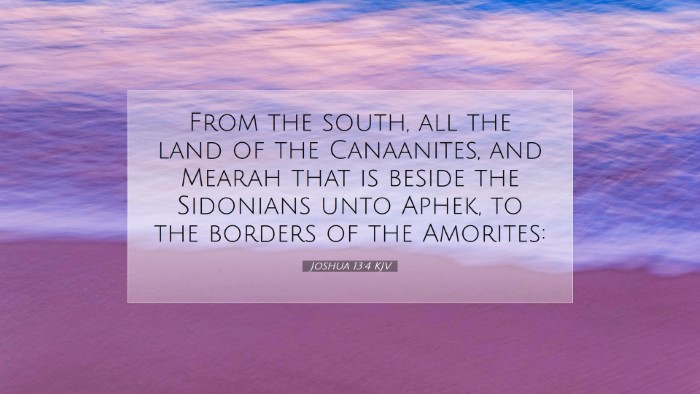Old Testament
Genesis Exodus Leviticus Numbers Deuteronomy Joshua Judges Ruth 1 Samuel 2 Samuel 1 Kings 2 Kings 1 Chronicles 2 Chronicles Ezra Nehemiah Esther Job Psalms Proverbs Ecclesiastes Song of Solomon Isaiah Jeremiah Lamentations Ezekiel Daniel Hosea Joel Amos Obadiah Jonah Micah Nahum Habakkuk Zephaniah Haggai Zechariah MalachiVerse
Joshua 13:1 Joshua 13:2 Joshua 13:3 Joshua 13:4 Joshua 13:5 Joshua 13:6 Joshua 13:7 Joshua 13:8 Joshua 13:9 Joshua 13:10 Joshua 13:11 Joshua 13:12 Joshua 13:13 Joshua 13:14 Joshua 13:15 Joshua 13:16 Joshua 13:17 Joshua 13:18 Joshua 13:19 Joshua 13:20 Joshua 13:21 Joshua 13:22 Joshua 13:23 Joshua 13:24 Joshua 13:25 Joshua 13:26 Joshua 13:27 Joshua 13:28 Joshua 13:29 Joshua 13:30 Joshua 13:31 Joshua 13:32 Joshua 13:33

